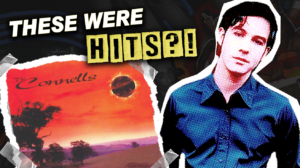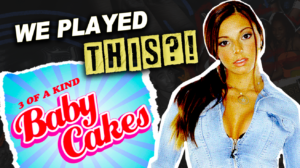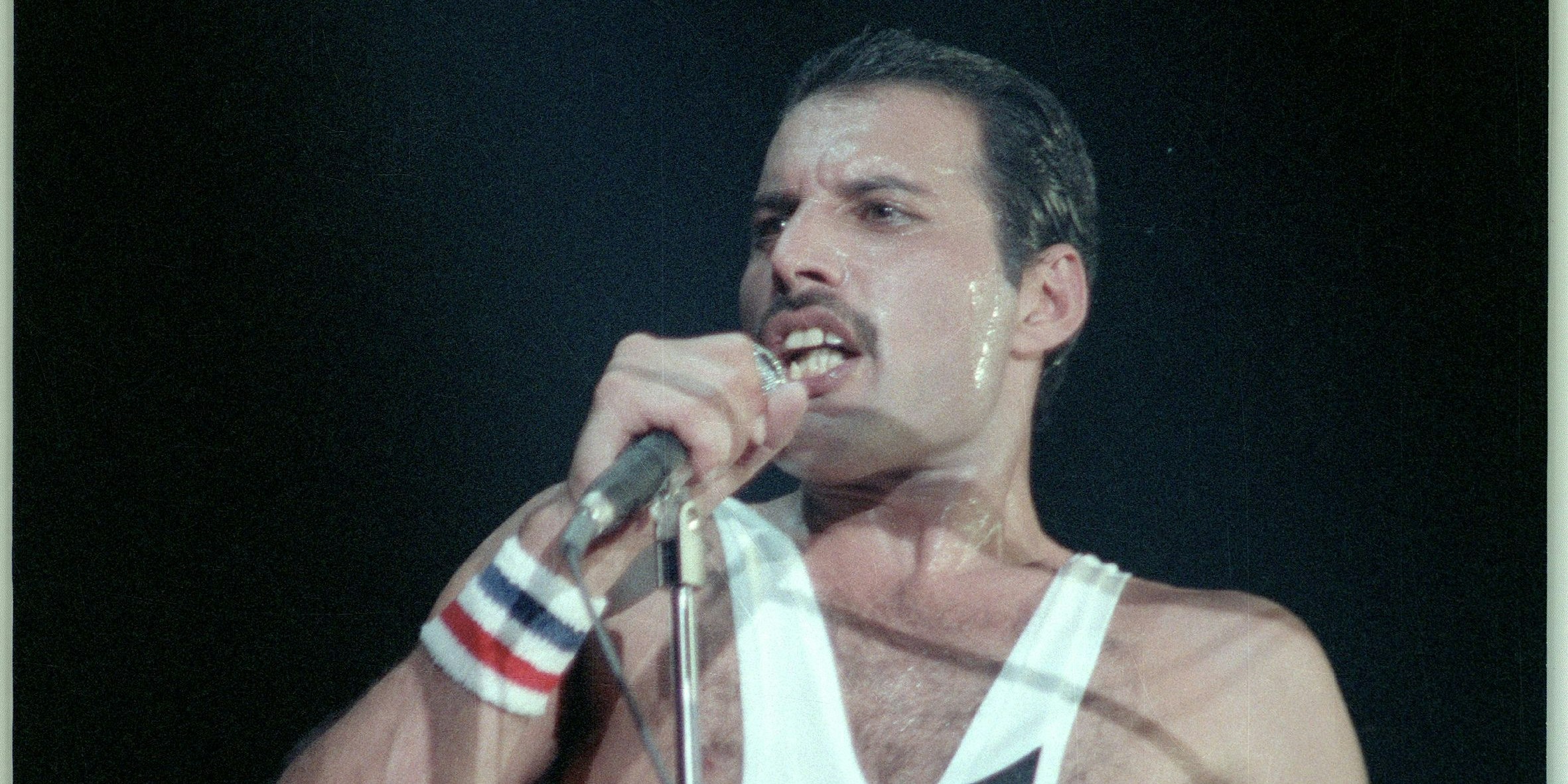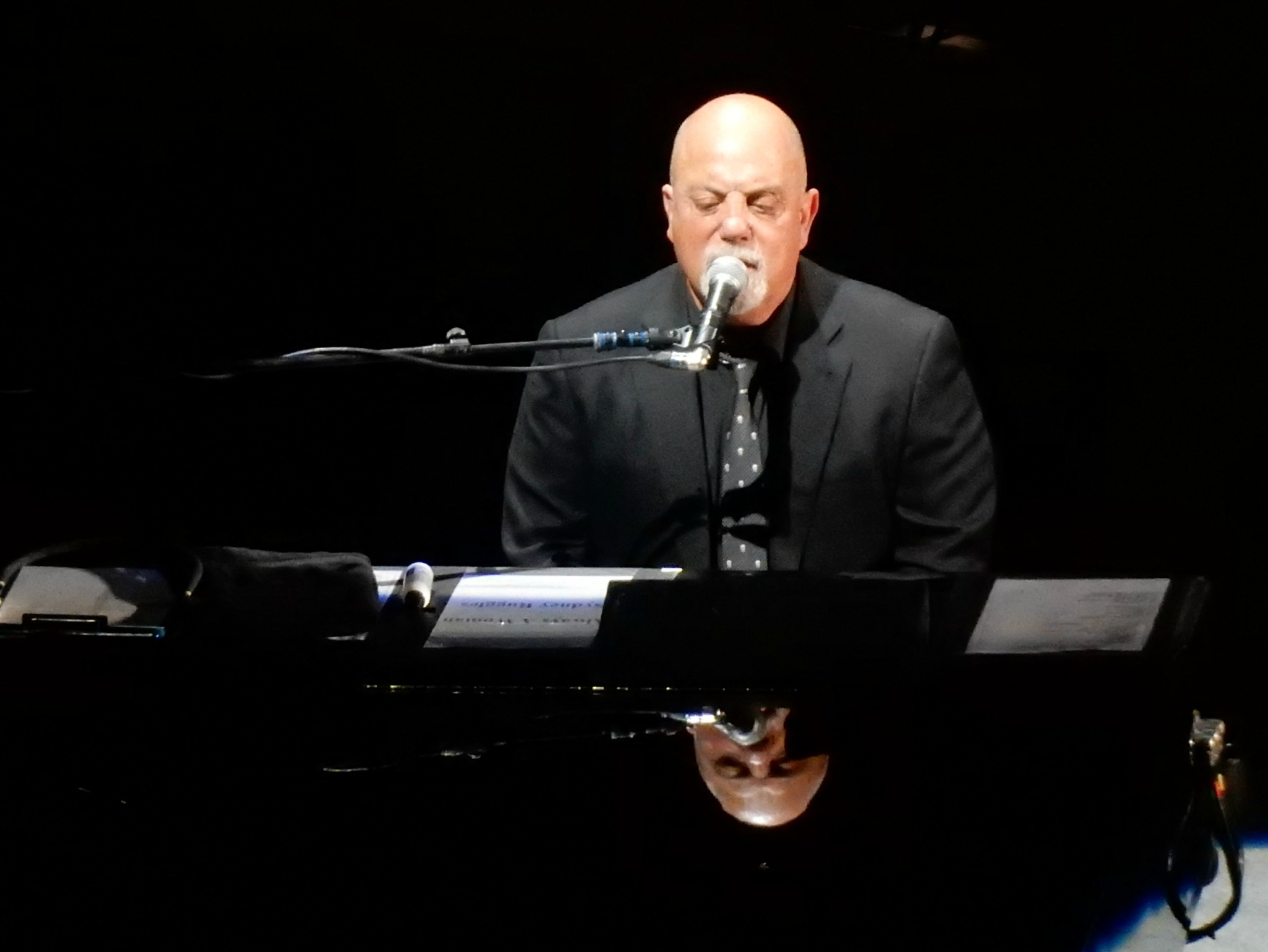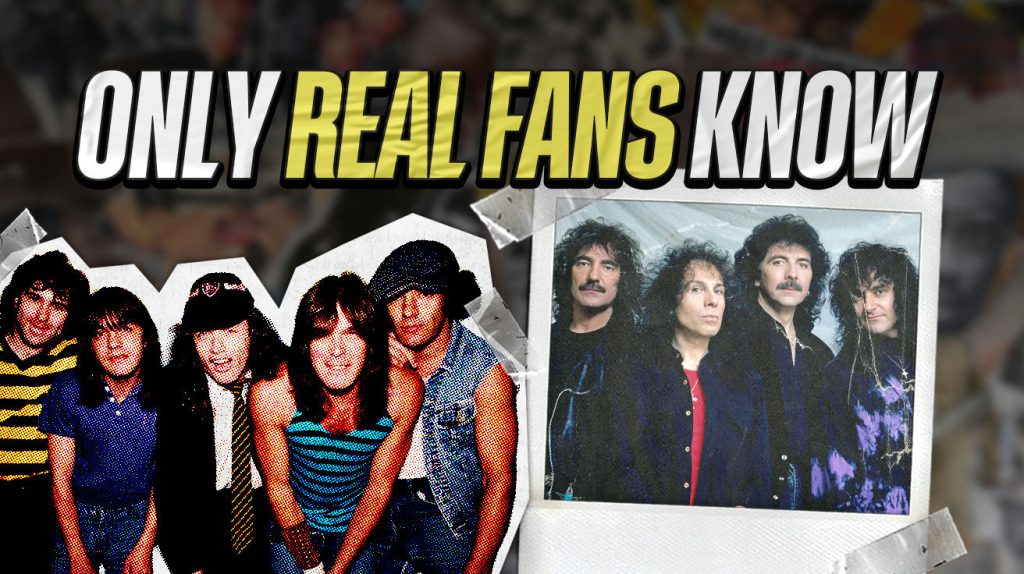
The 1980s delivered shoulder pads, mullets, and the Parents Music Resource Center’s epic meltdown over rock lyrics. The PMRC’s “Filthy Fifteen” list reads like a playlist curated by someone’s coolest older sibling. These tracks supposedly corrupted America’s youth with scandalous themes. Plot twist: most kids turned out fine, and the controversy accidentally created the most effective marketing campaign in music history. Here are nine songs that made concerned parents clutch their pearls and inadvertently launched careers into the stratosphere.
9. AC/DC – Let Me Put My Love Into You

AC/DC built their empire on thunderous riffs and cheeky innuendos, so when “Let Me Put My Love Into You” landed on the Filthy Fifteen, nobody was particularly shocked. The PMRC zeroed in on the line “Let me cut your cake with my knife” and acted like they’d uncovered state secrets. Meanwhile, AC/DC had been writing lyrics like this since disco ruled the airwaves.
The band’s response to the moral outrage? Complete radio silence. Back in Black sold over 50 million copies worldwide, proving that rock fans didn’t need committees picking their playlists. Sometimes the most powerful comeback involves simply counting your money while your critics argue with themselves.
8. Def Leppard – High ‘n’ Dry (Saturday Night)
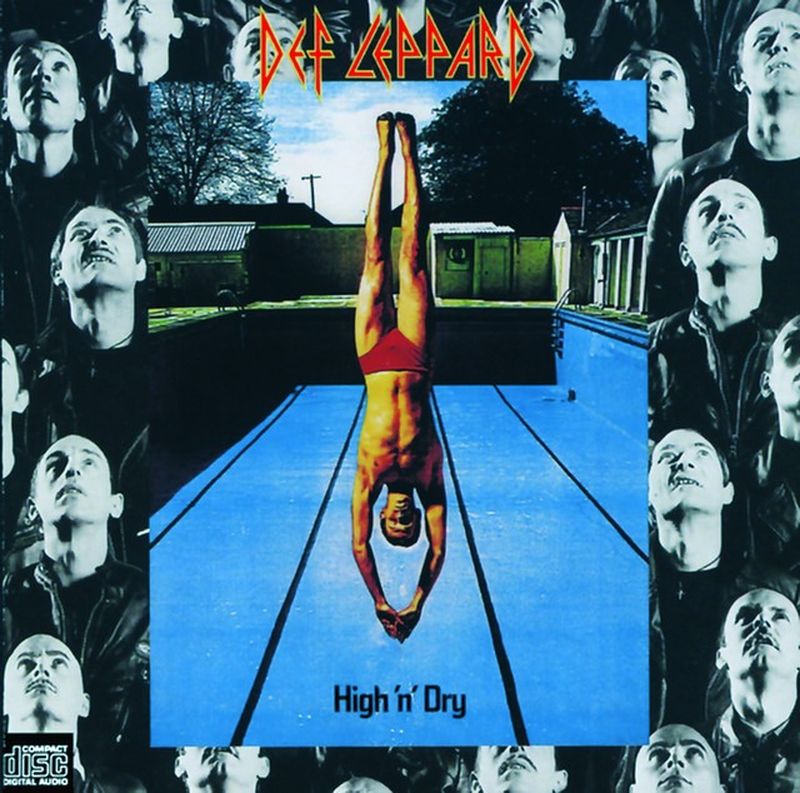
Def Leppard probably chuckled when “High ‘n’ Dry (Saturday Night)” made the naughty list for promoting alcohol and partying. The song basically celebrates weekend freedom with lines about whiskey, wine, and drinking until satisfied. Revolutionary stuff, if you’ve never encountered rock music before 1985.
The PMRC treated this track like it was encouraging mass alcoholism instead of what it actually was—a celebration of cutting loose after a long week. Def Leppard never dignified the controversy with a response, probably because they were too busy becoming one of the biggest rock bands on the planet. Priorities: perfectly sorted.
7. Mötley Crüe – Bastard
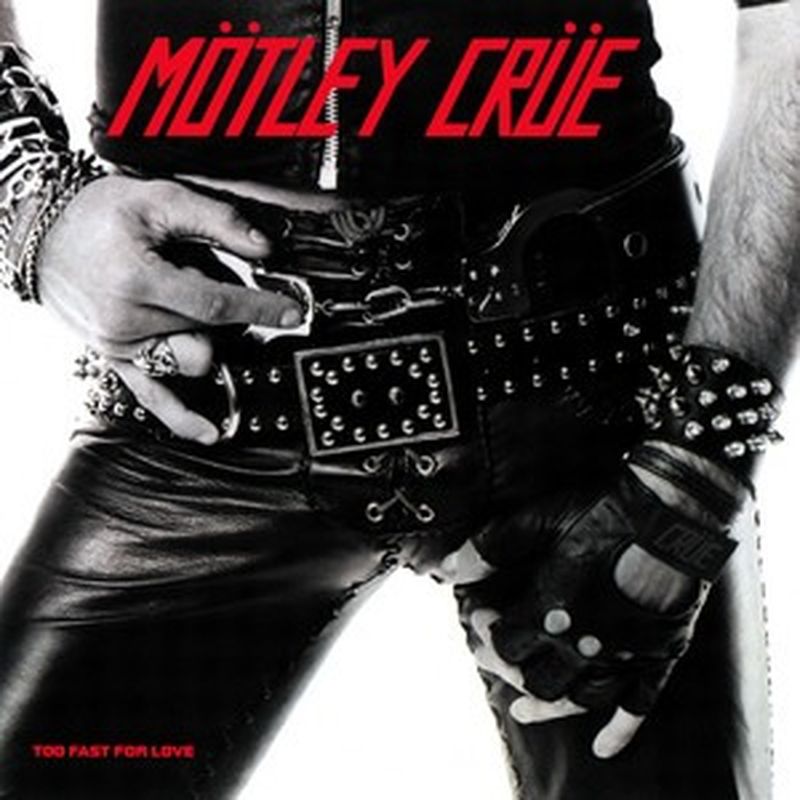
When Mötley Crüe’s “Bastard” hit the Filthy Fifteen for violent lyrics, it was like criticizing sharks for having teeth. The PMRC clutched their pearls over references to knives and death, apparently missing the fact that this was Mötley Crüe—a band that made rebellion their entire brand identity.
Nikki Sixx dismissed the PMRC’s crusade as ridiculous, explaining they weren’t encouraging violence but simply telling stories about partying and having fun. The controversy backfired spectacularly, transforming what might have been a deep cut into a badge of honor that cemented their bad-boy reputation forever.
6. Mercyful Fate – Into the Coven
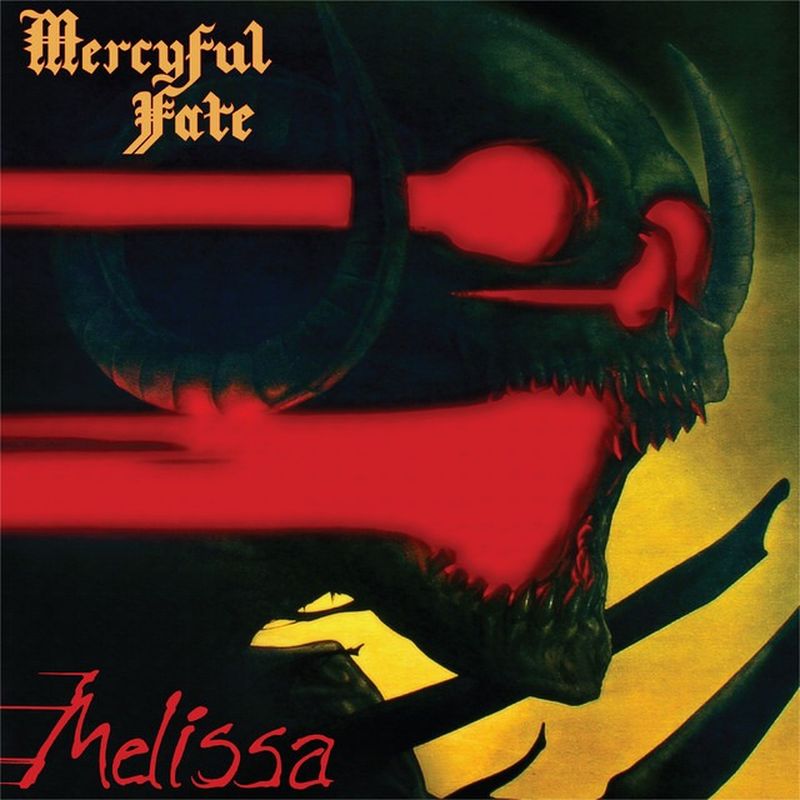
Mercyful Fate’s “Into the Coven” gave the PMRC exactly what they needed to fuel their Satanic Panic with lyrics about joining covens and becoming Lucifer’s child. If you were a concerned parent in 1983, this probably didn’t make your bedtime playlist rotation. But King Diamond wasn’t actually recruiting for the dark side.
King Diamond’s perspective on the controversy was refreshingly straightforward: treat it as entertainment, and if you don’t enjoy it, simply don’t listen. The PMRC preferred the nuclear option of attempting to ban it entirely. Like trying to stop teenagers from texting during dinner, their efforts only made the forbidden content more appealing to exactly the audience they were trying to protect.
5. Black Sabbath – Trashed
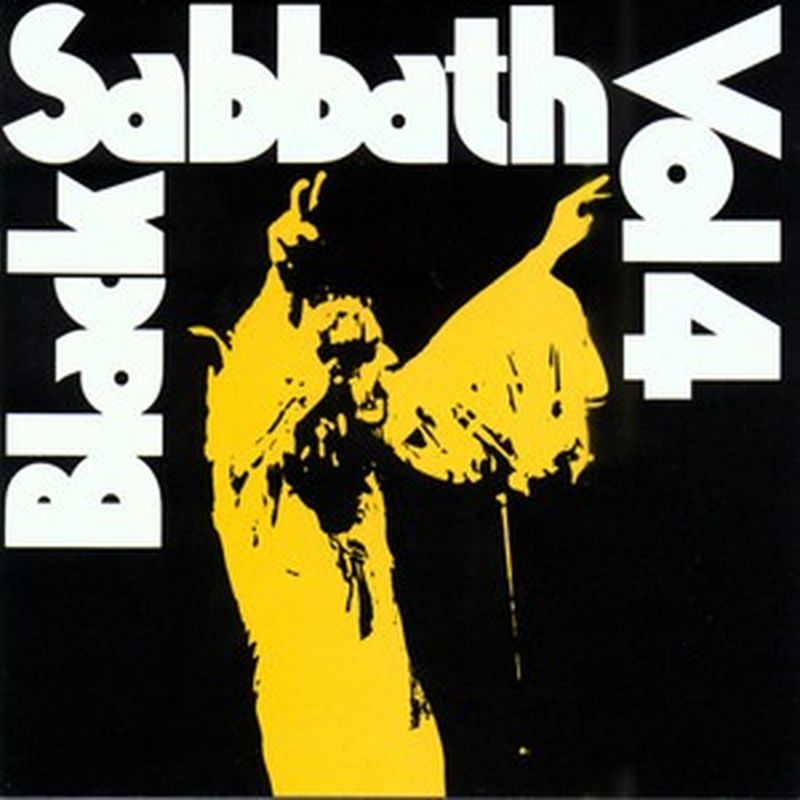
Black Sabbath’s “Trashed” landed on the Filthy Fifteen not for Satanic imagery, but for promoting alcohol and reckless behavior. The delicious irony? The song was actually a cautionary tale about singer Ian Gillan’s near-fatal drunken joyride, complete with lyrics about being “drunk and busted up and fading fast.”
The PMRC missed the entire point—this wasn’t encouraging drinking, it was demonstrating the consequences. But context doesn’t matter when you’re leading a moral crusade. Like helicopter parents at a playground, they saw danger everywhere and completely missed the actual lesson being taught through lived experience.
4. Judas Priest – Eat Me Alive
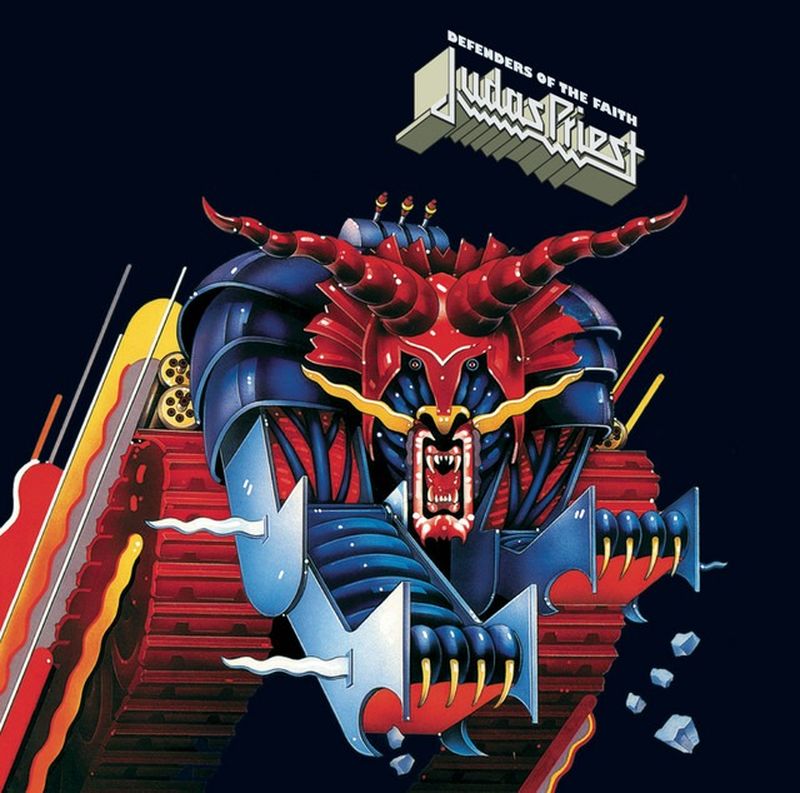
If any song was engineered to make the PMRC lose sleep, it was Judas Priest’s “Eat Me Alive.” Tipper Gore’s moral army claimed the lyrics described violent acts, pointing to lines about being forced at gunpoint. Rob Halford later dismissed the whole controversy, explaining the song was meant to be tongue-in-cheek entertainment.
The controversy transformed into metal justice at its finest. Instead of silencing Judas Priest, the PMRC handed them more fame than any marketing budget could possibly buy. Sometimes the most valuable publicity comes from people desperately trying to shut you down—a lesson every influencer controversy proves true today.
3. Twisted Sister – We’re Not Gonna Take It
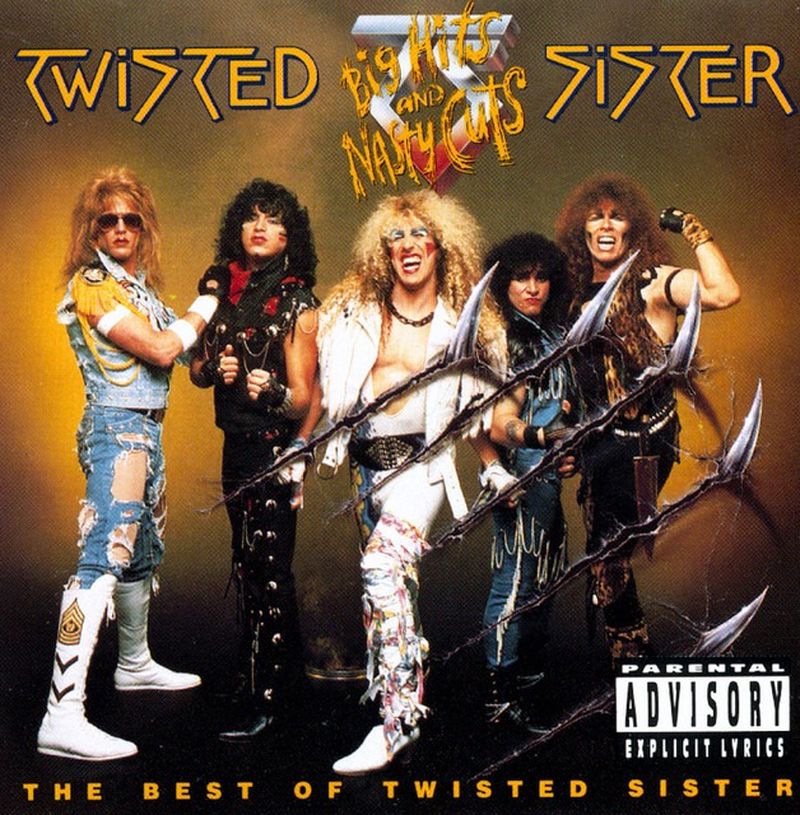
Twisted Sister’s “We’re Not Gonna Take It” made the Filthy Fifteen for violence, which is like calling Saturday morning cartoons a terrorist training manual. The PMRC got twisted over a music video where a strict father gets knocked through a wall—pure slapstick comedy that would make the Three Stooges beam with pride.
Dee Snider wasn’t having it. He testified before Congress in 1985, defending artistic freedom and pointing out the absurdity of the accusations. The controversy boosted the song’s popularity and transformed it into an even bigger anthem of defiance, proving their point about censorship better than any lyric ever could.
2. W.A.S.P. – Animal (F*** Like a Beast)
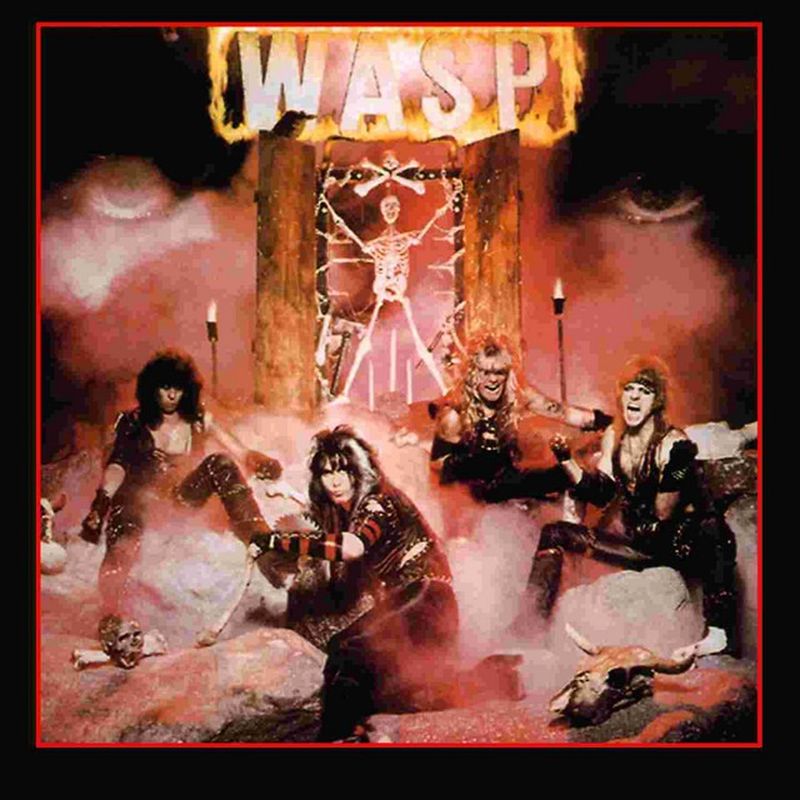
W.A.S.P.’s “Animal (F*** Like a Beast)” wasn’t attempting subtlety—the title alone guaranteed PMRC meltdown status. With lyrics about naked encounters and physical intensity, this track was designed to provoke outrage, and Blackie Lawless knew exactly what buttons he was pushing.
When Capitol Records caved to pressure and dropped the song from their debut album, it only made fans want it more desperately. The PMRC transformed W.A.S.P. into shock rock legends, proving once again that forbidden fruit tastes the sweetest. Mission accomplished, Blackie.
1. Venom – Possessed
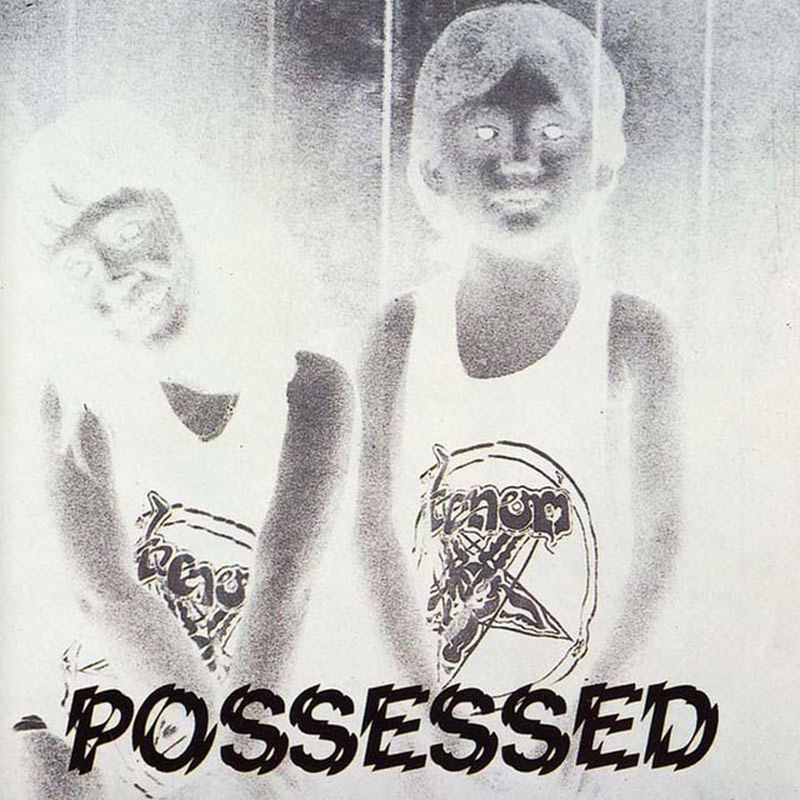
Venom’s “Possessed” was custom-built for the PMRC’s nightmares, featuring lyrics about being possessed by evil and coming alive in the dead of night. Unlike bands that used Satanic imagery as window dressing, Venom went full commitment, pushing boundaries until they shattered completely.
Frontman Cronos later admitted they wanted to be the band parents feared most. The PMRC obliged by putting them on the naughty list, giving Venom better publicity than any record label could provide. They became legends of extreme metal, all thanks to some very concerned parents who accidentally became their best marketing team.
The Bottom Line: The PMRC’s moral panic backfired harder than a mullet in humidity. These songs didn’t corrupt America’s youth—they just gave rock music the rebellious credibility it thrived on. The “Parental Advisory” sticker became a badge of honor that actually helped parents identify the coolest albums in record stores, and decades later, these tracks remain classics while the outrage has faded into punchline territory. Turns out censorship makes the ultimate hype machine.Retry





